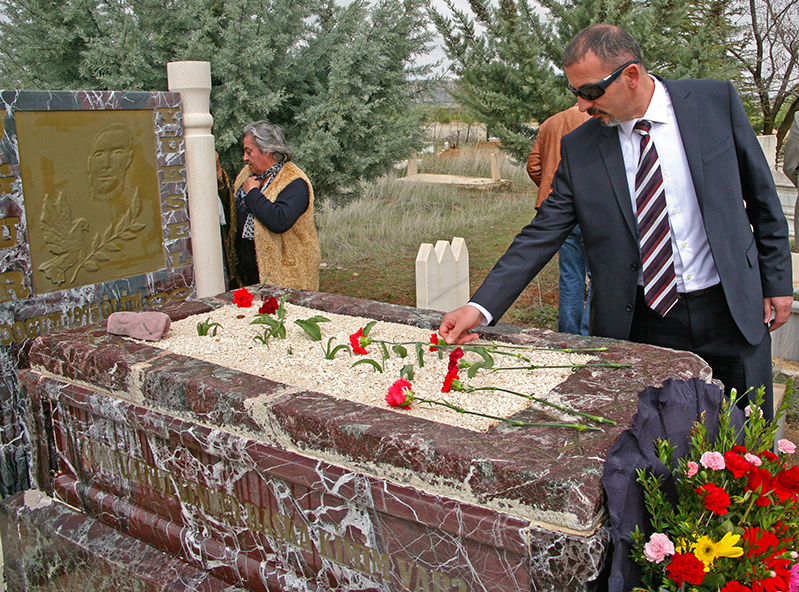
A Turkish court ruled on Tuesday (Jan. 26) that the government was negligent in its duty to protect three Christians who were tortured and killed in 2007 and ordered it to pay damages to the victims' families.
The Malatya Administrative Court ruled that, nearly nine years ago, the Interior Ministry and the Malatya Governor's Office ignored reliable intelligence that Turkish nationalists were targeting the three Christians days prior to the April 2007 killings.
Five young men with alleged links to Turkish nationalists killed three Christians on April 18, 2007, in the office of the Zirve Publishing House in Malatya in southeastern Turkey. Ugur Yüksel, 32, and Necati Aydin, 36, both Turkish converts from Islam, and Tilmann Geske, 45, a German national, were bound, interrogated about their Christian activities and then mutilated and killed with knives, according to court evidence.
According to several Christians close to the victims, one or more of those accused of the killings cultivated relationships with the three Christians, one even going so far as to pose as a new convert to the Christian faith.
The court also ordered the Interior Ministry to pay the families close to 1 million Turkish lira ($333,980) in damages.
Susanne Geske, Tilmann's widow, and her three children were awarded $105,000 for emotional distress and $5,500 for physical harm. The remainder of the damages were awarded to Aydin's wife and Yüksel's father.
Geske said Wednesday that the concept of a monetary award for the death of her husband and her children's father is lost on her, as no amount of money will bring him back or fill their loss.
"Four-hundred thousand lira for someone being killed is baffling, funny," she said. "And anyway, although the money is welcome, we're not yet believing we will see the money."
Geske said government appeals to the court-ordered award, if filed, could take years to settle. After taxes, civil fees and lawyer's fees are assigned, the amount her family receives could be greatly reduced.
The Geske family filed its civil case with others in 2008, around the same time criminal proceedings began against the five men accused in the killing. The civil ruling offers some resolution, but the criminal case grinds on with little hope of resolution.
Although police arrested the five suspects - Salih Gurler, Cuma Ozdemir, Abuzer Yildirim, Hamit Ceker and Emre Gunaydin - almost immediately after the crime was reported, prosecuting them has been problematic from the start. The judges have been changed at least twice, and the prosecutors have been changed four times, causing significant delays.
At times, subpoenaed witnesses have simply refused to show up in court to testify without legitimate reason, and without being punished later for contempt of court.
Most significant in delays was the attempt to explore links between the killings and a larger alleged attempt by the Turkish military to subvert the Justice and Development Party-led government. In 2009, the murder case was linked to the Ergenekon file, concerning a suspected cabal plotting against the government. As a result of this, a host of new witnesses were called into court, including a colonel in the gendarmerie and three army officers.
Especially galling to families of the victims, the five suspects in the trial were released on bail on March 10, 2014 under a new reform law that reduced the allowable period of pretrial detention from 10 years to five. Under public pressure, authorities required them to wear electronic monitoring devices, but the release caused extreme distress among families and friends of the victims.
The suspects had previously threatened family members of the victims. The wife of a Christian witness of the killings suffered a nervous breakdown after the March release and was hospitalized until she recovered, her husband told Morning Star News.
In the most recent criminal court hearing that took place earlier this month, on Jan. 5, Geske voiced her frustration about the length of time the court was taking in coming to a verdict. Today she said she thinks the civil verdict will have no impact on the criminal trial.
"I don't think one thing has to do with the other," she said.
The next hearing is set for March 1.







